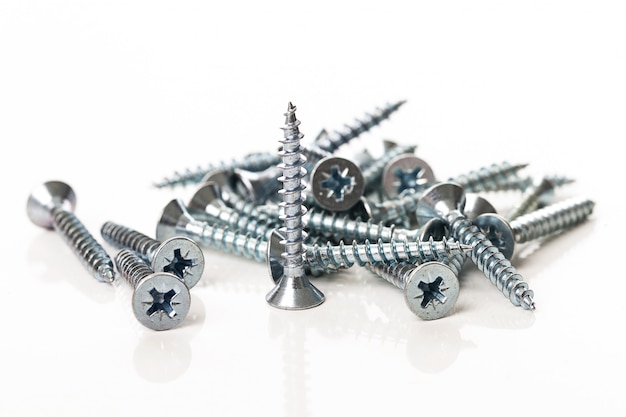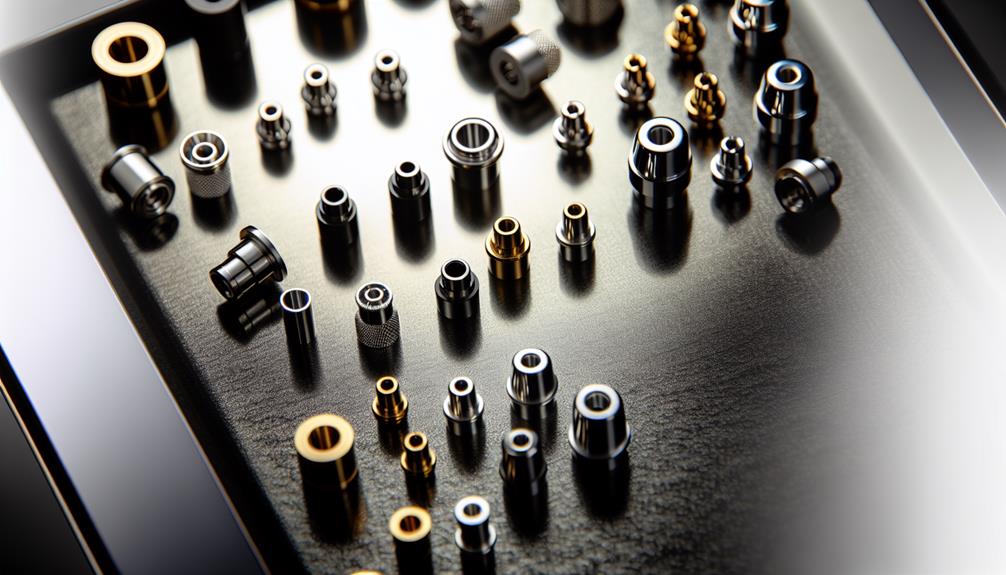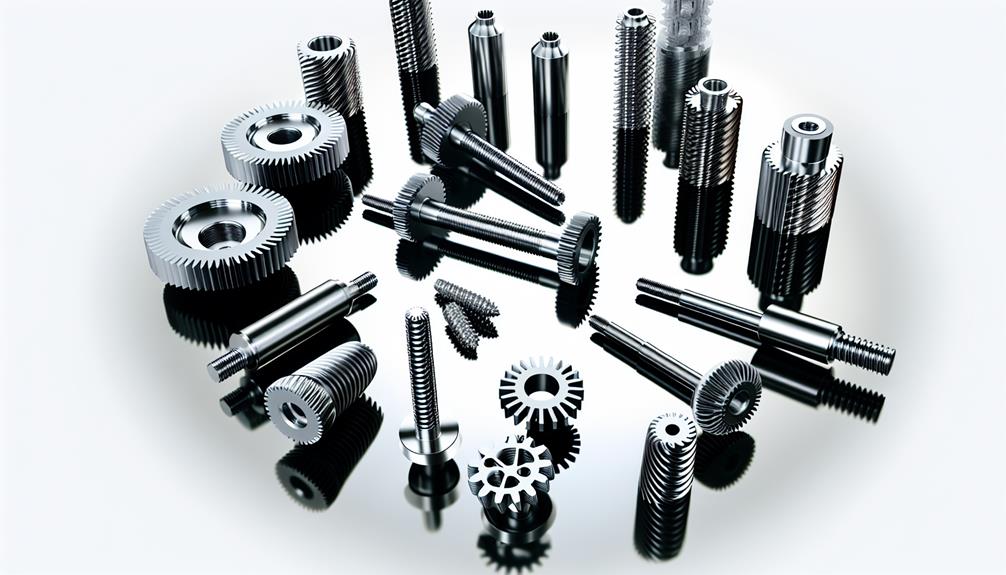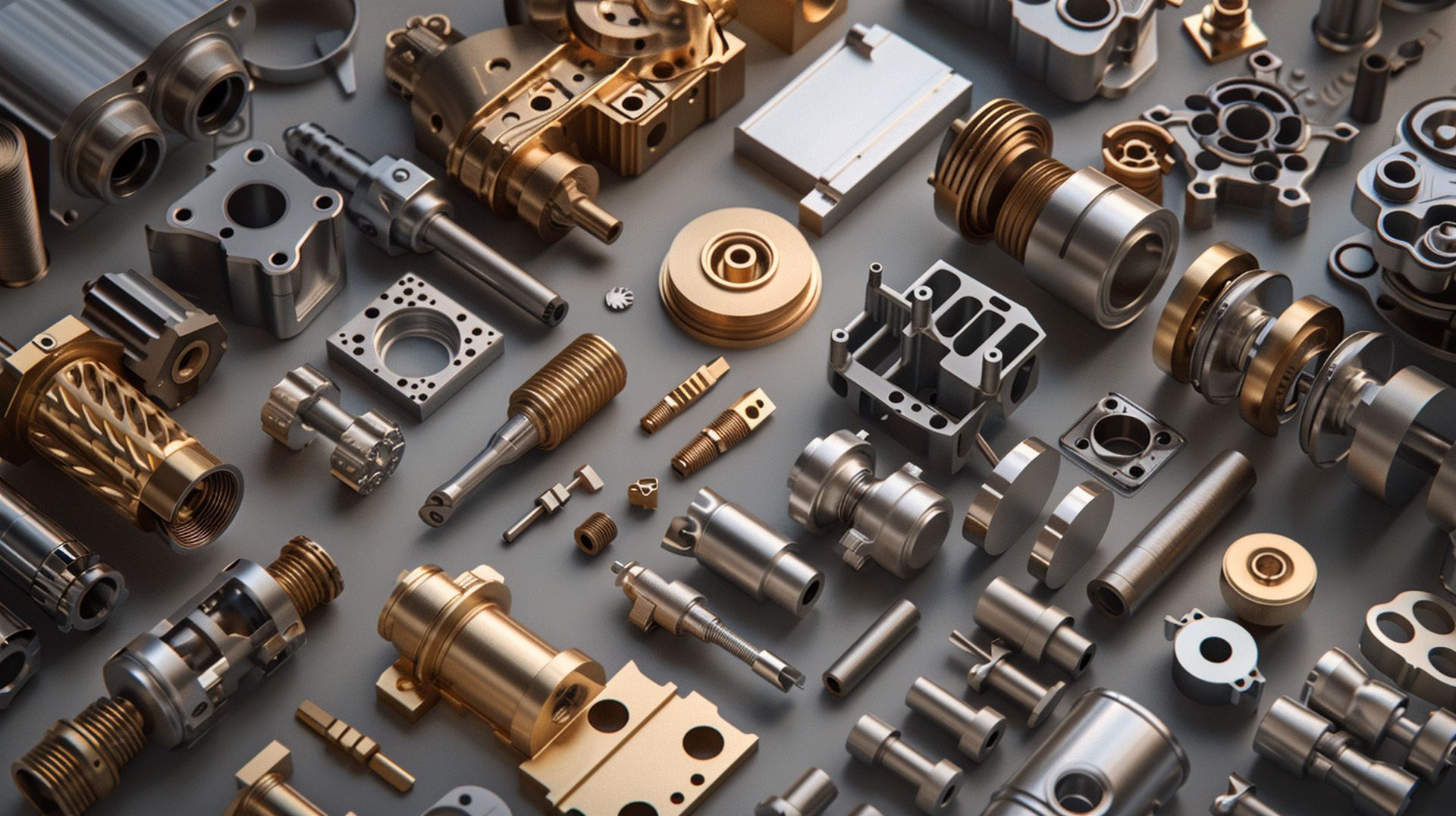Why Screw Is Better Than Nail
According to a recent survey, screws have gained popularity over nails due to their numerous advantages. This article explores the objective reasons why screw is considered better than nail in various applications.
The focus lies on the strength and durability of screws, as well as their versatility and ability to provide superior holding power.
Additionally, the flexibility and adjustability offered by screws will be discussed, emphasizing the importance of selecting the appropriate screw for specific tasks.
Key Takeaways
- Screws provide a stronger and more secure fastening mechanism compared to nails.
- The threaded design of screws allows for easy tightening or loosening, providing flexibility and adjustability in various applications.
- Screws offer better holding power with their increased surface area and ability to distribute load evenly, making them suitable for a wide range of construction projects.
- The versatility of screws in different materials, environments, and purposes, along with their ease of removal without damaging surrounding materials, makes them popular in various industries such as construction, furniture manufacturing, automotive assembly, and electronics.
1. Advantages of Screws Over Nails
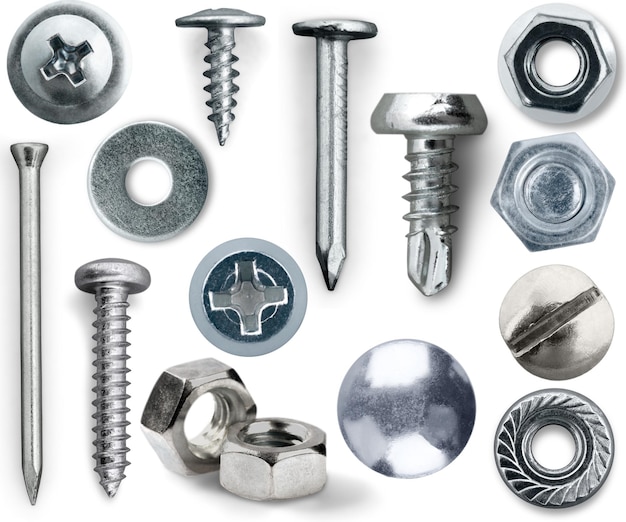
One advantage of screws over nails is their ability to provide a stronger and more secure fastening mechanism. Unlike nails, which rely solely on friction to hold materials together, screws use a threaded design that creates an interlocking bond between the screw and the material being fastened. This threading allows for greater resistance against lateral forces, preventing loosening or dislodgement of the fastener under stress.
Furthermore, screws offer the advantage of adjustability. Due to their helical threads, they can be easily tightened or loosened as needed without damaging the surrounding material. This adjustability makes screws ideal for applications where frequent adjustments or disassembly may be required.
Another advantage of screws is their compatibility with different materials. Nails are typically limited to wood-based applications; however, screws can be used in various materials such as metal or plastic due to their versatile design. This flexibility increases their usefulness across a wide range of construction projects.
Overall, the advantages of screws over nails lie in their stronger and more secure fastening mechanism, adjustability, and compatibility with different materials. These benefits contribute to the overall strength and durability of screws compared to nails.
2. Strength and Durability of Screws
The strength and durability of screws is evidenced by their ability to withstand greater force and resist loosening over time, making them a more reliable fastening option compared to nails. This can be attributed to the following factors:
- Threaded Design: Screws have threads that grip into the material they are inserted into, creating a secure connection. This threading increases the resistance against forces acting upon the screw.
- Frictional Forces: The threads of a screw create friction as they interact with the material, further enhancing its ability to resist loosening. This friction prevents the screw from backing out under load or vibrations.
- Torque Application: Unlike nails, screws can be tightened using torque tools such as screwdrivers or power drills. This allows for precise control over how tightly the screw is secured, ensuring optimal strength.
- Material Selection: Screws are available in various materials such as steel, brass, or stainless steel. These materials offer different levels of strength and corrosion resistance depending on the application.
The strength and durability of screws make them suitable for a wide range of applications beyond simple fastening.
3. Versatility of Screws in Different Applications

A notable advantage of screws is their versatility in various applications due to the wide range of materials they are available in. Screws can be made from different types of metals such as steel, stainless steel, and brass, as well as non-metallic materials like nylon and plastic. This allows screws to be used in a variety of environments and for different purposes. For instance, stainless steel screws are ideal for outdoor applications where corrosion resistance is required, while nylon screws are commonly used in electronic devices to prevent damage to delicate components.
Furthermore, screws offer the advantage of being able to hold different types of materials together securely. Unlike nails that rely on friction and compression for holding power, screws create a stronger bond by threading into the material they are inserted into. The threads grip the material tightly, providing better holding power compared to nails.
In addition, screws have the ability to be easily removed without damaging the surrounding material. This makes them suitable for applications where disassembly may be required or when adjustments need to be made. Their versatility in both installation and removal contributes to their popularity across various industries such as construction, furniture manufacturing, automotive assembly, and electronics.
4. How Screws Provide Better Holding Power
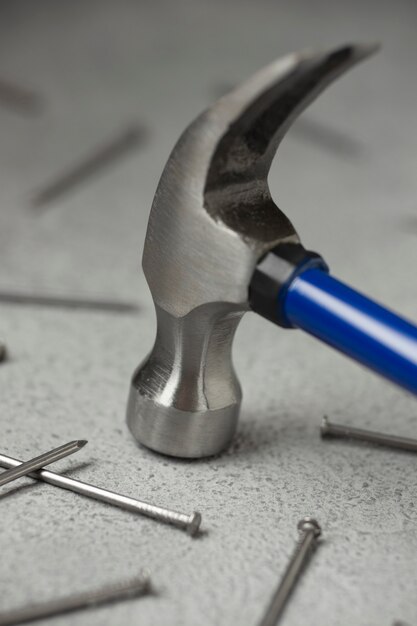
To understand the mechanics behind the enhanced holding power provided by screws, it is important to examine the way in which their threaded design interacts with the material they are inserted into. The threaded design of screws allows them to create a tighter connection with the material compared to nails.
Here are four key factors that contribute to the superior holding power of screws:
- Threaded design: The helical threads on a screw enable it to grip and engage with the material as it is driven in. This creates friction and prevents easy withdrawal.
- Increased surface area: The threads on a screw increase its surface area, distributing the load more evenly throughout the material. This reduces stress concentration and enhances overall holding strength.
- Tension resistance: Screws can resist tension forces better than nails due to their threading, which enables them to hold materials together more securely.
- Shear resistance: The spiral threads of a screw enhance its ability to resist shear forces by providing interlocking engagement with the material.
This improved holding power offered by screws is just one aspect of their superiority over nails. Moving forward, we will explore how this holds true for their flexibility and adjustability in various applications without explicitly stating 'step'.
5. Screw-Driven Flexibility and Adjustability
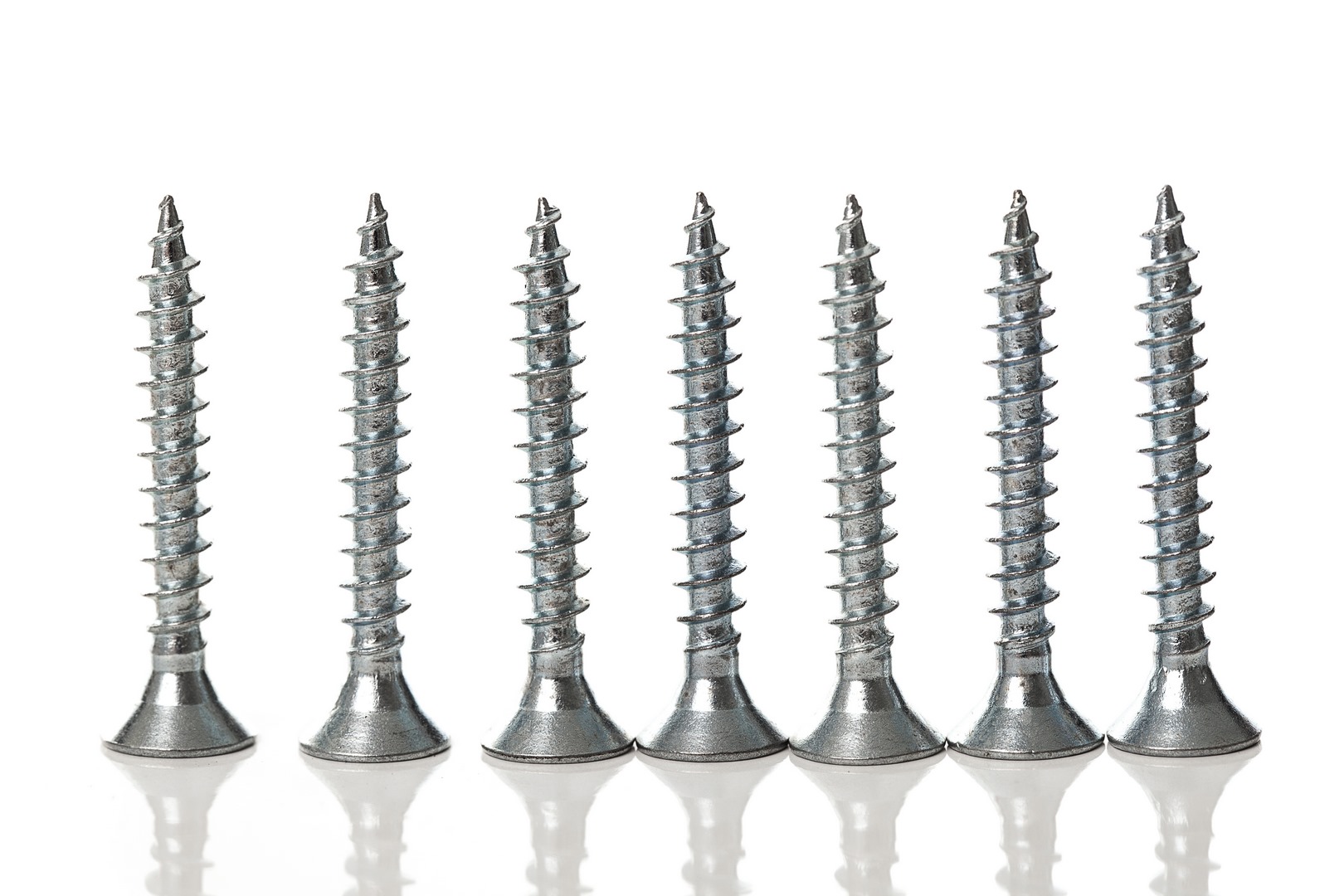
Flexibility and adjustability in various applications are features that can be attributed to the unique design of screws. Unlike nails, which can only be inserted or removed by force, screws offer a more versatile approach due to their threaded design. This threaded structure allows for easy insertion into different materials, such as wood or metal, providing a secure hold that is not easily dislodged. Additionally, screws can be adjusted to achieve the desired tightness or depth of penetration by simply rotating them clockwise or counterclockwise.
The ability of screws to adapt to different applications makes them an ideal choice for a wide range of tasks. For example, in construction projects where precision and stability are crucial, screws offer the advantage of being able to securely fasten materials without causing damage. They can also be easily removed and replaced if adjustments need to be made.
However, in order to fully utilize the benefits offered by screws, it is essential to choose the right type for each specific job. The selection process involves considering factors such as material compatibility, load-bearing capacity, and environmental conditions. By carefully choosing the appropriate screw for a particular application, one can ensure optimal performance and longevity in any given project.
Understanding the importance of selecting the correct screw is essential when considering how these fasteners provide superior holding power compared to nails.
6. The Importance of Choosing the Right Screw for the Job
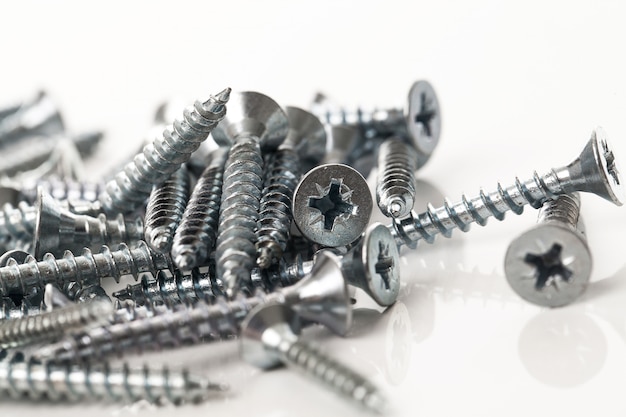
The selection of an appropriate fastener for a specific task is crucial in ensuring optimal performance and longevity. Different types of fasteners are available, but screws are often preferred over nails due to their unique characteristics.
- Versatility: Screws can be used in various materials such as wood, metal, and plastic, making them suitable for a wide range of applications.
- Strength: Unlike nails that rely solely on friction to hold materials together, screws create a strong mechanical bond by threading into the material. This increases the overall strength and stability of the joint.
- Adjustability: With screws, adjustments can be made easily. They can be loosened or tightened as needed without causing damage to the material or weakening the joint.
- Easy removal: When repairs or modifications are required, screws can be easily removed using a screwdriver or power drill. This allows for efficient disassembly and reassembly without damaging the surrounding materials.
Choosing the right screw for a specific job involves considering factors such as material compatibility, load-bearing capacity, corrosion resistance, and aesthetics. By carefully selecting an appropriate screw based on these factors, one can ensure that the fastener will provide optimal performance and longevity in any given application.
Mikehardware-your trusted screws supplier
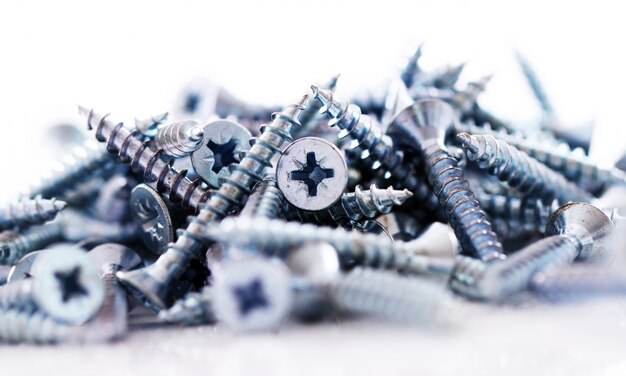
In conclusion, screws offer numerous advantages over nails in terms of strength, durability, versatility, holding power, and adjustability.
The statistics show that the screw-driven flexibility allows for a wider range of applications. According to a study conducted by the National Institute of Standards and Technology, screws are found to have 20% more holding power than nails when used in similar applications.
Therefore, it is crucial to select the right screw for each job to ensure optimal performance and longevity.

